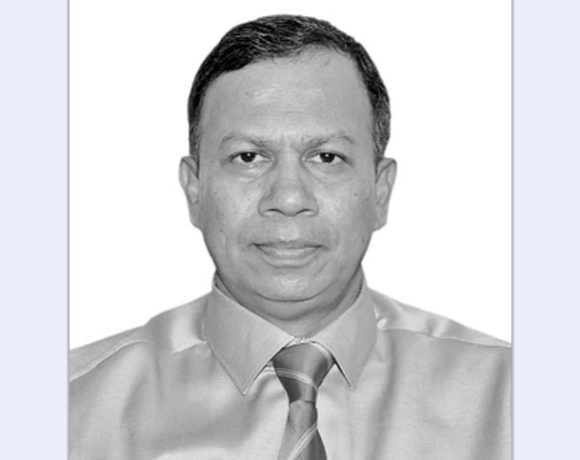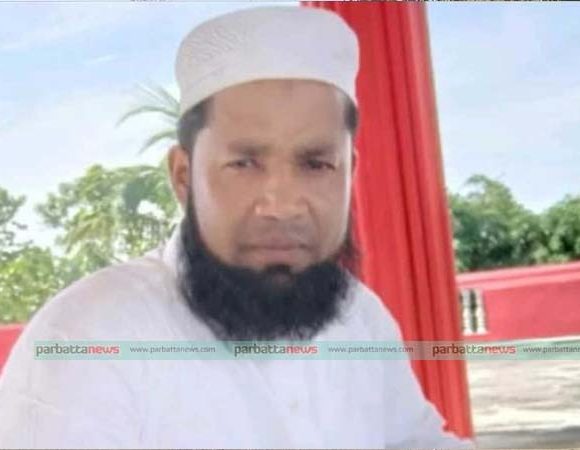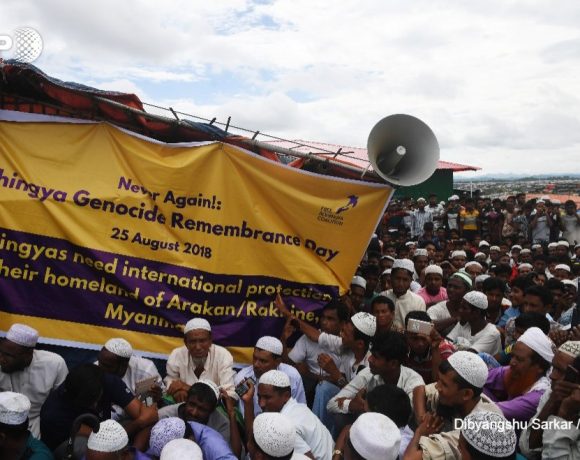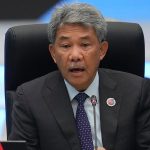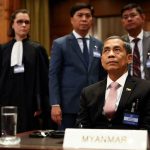JSS becomes active in Dhaka over CHT regulation case
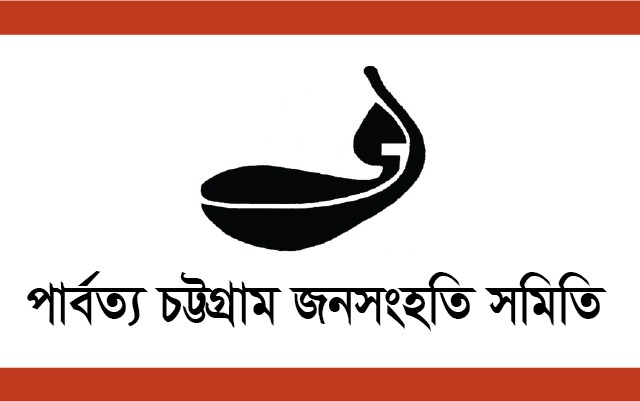
STAFF REPORTER
A faction of the Parbatya Chattagram Jana Samhati Samiti (JSS) is reportedly conducting behind-the-scenes activities in Dhaka aimed at influencing the outcome of an ongoing Supreme Court case related to the Chittagong Hill Tracts Regulation, 1900 (also known as the Hill Tracts Manual).
According to sources familiar with the matter, a review petition concerning the regulation is expected to be heard on May 22 in the Appellate Division of the Supreme Court.
In the absence of Chittagong Hill Tracts Regional Council Chairman Jyotirindra Bodhipriya Larma, who is currently in India, Council member and President of the CHT Citizens’ Committee, Gautam Chakma, has been present in Dhaka for several days to oversee legal developments.
During this period, multiple meetings have reportedly taken place at the newly established rest house of the Regional Council located on Bailey Road. On May 12, Gautam Chakma is said to have held discussions with a tribal lawyer practicing in the Supreme Court.
Additionally, individuals affiliated with the CHT Headmen Network, along with a group of tribal legal professionals and human rights advocates, are reportedly involved in the monitoring and coordination of the case.
A Circle Chief and a former Deputy Attorney General are also said to be assisting in overseeing the legal process.
According to further reports, this team has contacted various advisers and individuals in influential positions who are perceived to be sympathetic to the cause, with the aim of securing support for legal recognition of the 1900 Hill Tracts Regulation.
Currently, two related review petitions are pending before the Appellate Division — the Waggachhara Tea Estate case and the Rangamati Food Products case. In both rulings, the former Chief Justice directed the government to implement provisions of the United Nations Declaration on the Rights of Indigenous Peoples, recognising the tribal population of the region as indigenous communities.
If upheld, these verdicts would classify the Chittagong Hill Tracts as an “Excluded Area” or “Non-Regulated Area” under the 1900 Regulation.
In a separate but related matter, an appeal challenging certain provisions of the Peace Accord on constitutional grounds is also under consideration by the Appellate Division.

